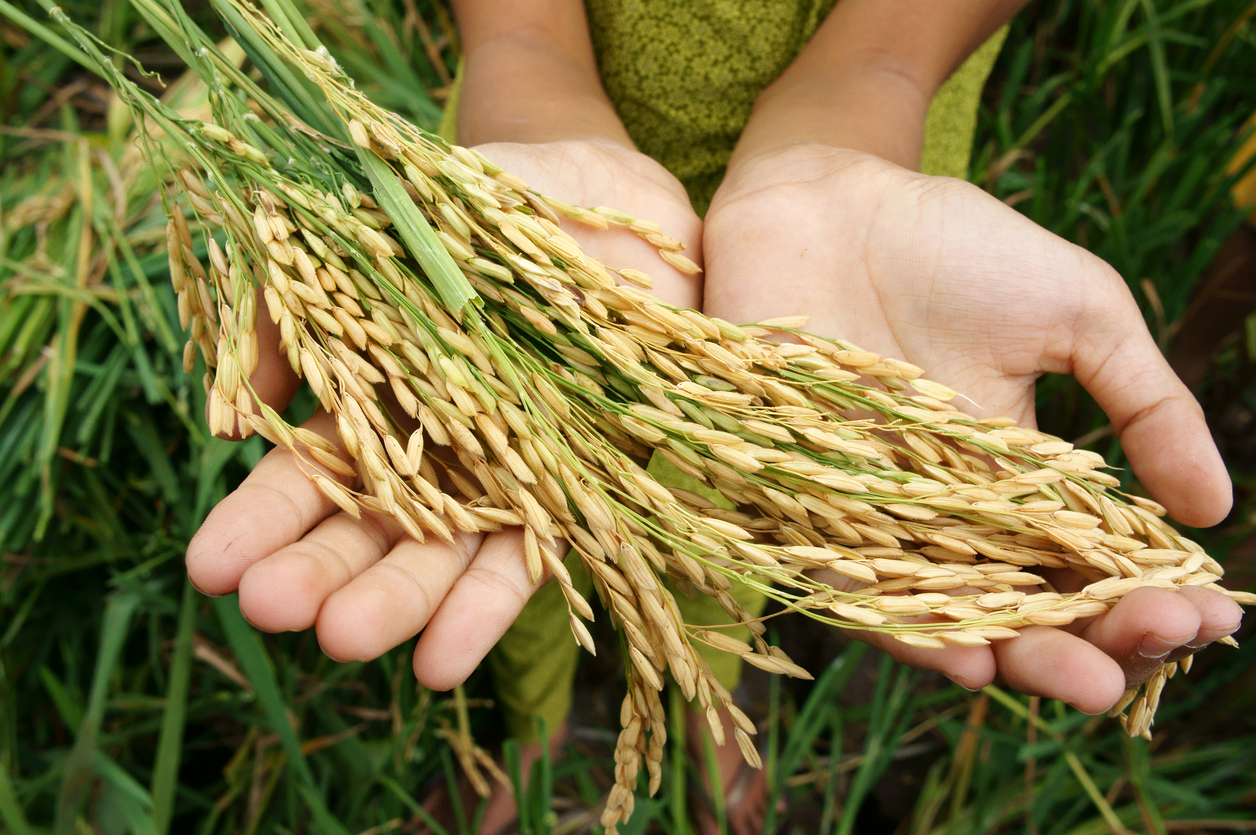The Maliseet Food Sovereignty Initiative: Partnership to Promote Food Sovereignty and Food Security
Recorded Webinar Now Available
Description:
The concept of food sovereignty has developed within Indigenous communities and is broadly applicable. It offers a framework for working toward a greater degree of local autonomy over food production and food access, alleviating food insecurity, and fostering a culture of environmental justice. While food sovereignty has received increased attention in recent years, the focused has largely been on developing a conceptual framework emphasizing local, Indigenous control over food production and distribution in Tribal communities. Less information has been disseminated on practical strategies for implementing food sovereignty initiatives in real-world settings. The Houlton Band of Maliseet Indians (HBMI) has launched a food sovereignty initiative with the aims of increasing access to nutritious food, improving food security, and strengthening connections to Wabanaki culture through the sharing of traditional approaches to food production, storage, and preparation – including planting edible landscapes, Three Sisters, and sacred medicines. Lessons learned are adding to current knowledge about how to develop, implement, and evaluate a model that is rooted in the principals of food sovereignty and designed to increase access to nutritious food, food security, and connection to traditional culture.
The Initiative is implementing coordinated, culturally-connected strategies including establishing community gardens available to youth, Elders, and over 309 individual households throughout Maliseet territory, as well as foster-children in non-Native households – this represents a reach to over 700 individuals. Youth interns have been engaged in program management, training, and evaluation activities. Opportunities to learn and share knowledge about traditional storage and recipes are being provided to community members. Existing partnerships are being leveraged to develop a sustainable model. Evaluation processes are collecting input from the community to understand the overall impact. Household gardens are being installed for each Tribal housing unit. Additional community gardens will enable food production capacity to increase over the coming years.
Learning Objectives:
- Describe the concepts of food sovereignty, food security, and environmental justice
- Describe the main programmatic aspects of the Maliseet Food Sovereignty Initiative
- Discuss strategies for implementing and evaluating a community-based food sovereignty initiative

